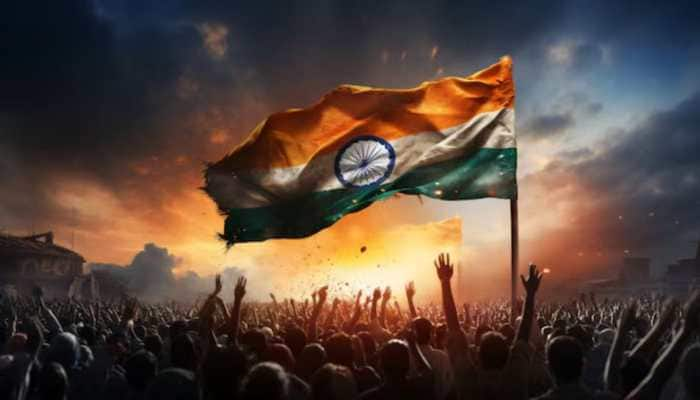Ex-ICL anti-corruption officer says Cairns was involved in match fixing
Former Indian Cricket League (ICL) anti-corruption officer Howard Beer told the High Court in London that New Zealand cricketer Chris Cairns was involved in match fixing, along with his ex- teammates.
Trending Photos
)
London: Former Indian Cricket League (ICL) anti-corruption officer Howard Beer told the High Court in London that New Zealand cricketer Chris Cairns was involved in match fixing, along with his ex- teammates.
Cairns has brought a libel action against former Indian Premier League (IPL) commissioner Lalit Modi, who in January 2010 tweeted about the allrounder’s “past record in match fixing”.
Cairns was in October 2008 suspended from the ICL, where he captained the Chandigarh Lions, amid allegations of corruption.
Beer said he had “no doubts” Cairns was involved in match fixing on the strength of his Chandigarh Lions teammate TP Singh’s statement, as well as “other allegations”.
But earlier, as Cairns’ counsel Michael Caldecott QC pointed out, Beer had said Singh’s word was to be treated with “extreme caution”, stuff.co.nz reports.
Australian former police officer Beer also said he told Cairns’ New Zealand teammate, Hamish Marshall, who also played in the ICL, it was “no secret Cairns had been sent home for match fixing”.
The court was told ICL executive director Tony Greig had advised Cairns, at an October 2008 meeting that brought about his suspension from the ICL, that there were “signed affidavits” from players, accusing him of fixing matches.
Singh said Cairns asked him to bowl “loosely” before a match at Hyderabad so batsmen could hit out and said he would be given money to do so.
Another player, Gaurav Gupta, was told he would be “the waterboy” if he scored more than five runs.
Cairns`` counsel cited claims that he could have been set up by local players to take the blame and there was pressure on players to lie to save their own skin.
ANI
Stay informed on all the latest news, real-time breaking news updates, and follow all the important headlines in india news and world News on Zee News.
Advertisement
Live Tv
Advertisement







)
)
)
)
)
)
)
)
)
)
